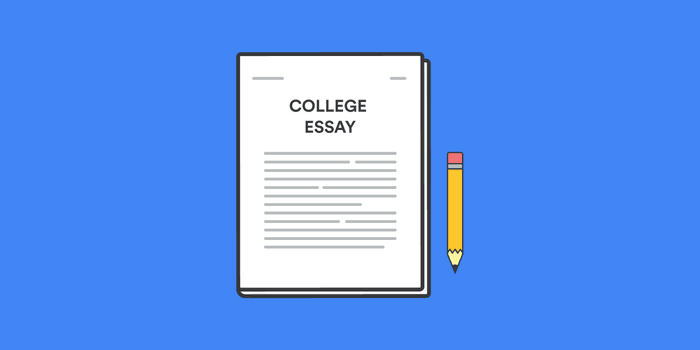Writing your first undergraduate essay can be daunting. How similar are the requirements of university essays to your high school essays? This article is the first in a series on how to approach undergraduate essays.
This series is our quick guide to essay writing and it provides very practical advice. If you would like to read a more comprehensive guide that focuses more on the overall method of planning and organising your research before writing your essay, please visit our Undergraduate Resources page.
Consider the Whole Essay First
An essay consists of three main parts: an introduction, the body and a conclusion.
The introduction is the first paragraph of the essay and its purpose is to give a clear explanation to the reader about the contents of the essay.
The body is the main part of the essay. It contains the quotations, references, examples, ideas, and arguments you are putting forth in writing. It should be written in paragraphs. This is where you elaborate on your answer to the essay question. You might expect to have 3–4 body paragraphs in a 1000-word paper. Each paragraph contains one argument or idea that you propose in your response to the given question.
The conclusion is the final paragraph of the essay. The conclusion is necessary for drawing together your evidence and restating the main argument of the essay.
No paragraph is written in isolation. Each paragraph of an essay is written in light of the whole. It’s absolutely necessary that you have planned the contents of the essay body before you begin writing the introduction (and the essay itself). An essay is a means for presenting a planned, coherent and well-reasoned argument. This brings us nicely to our next point.
Plan Your Reading
Before you begin writing, you should begin reading and research. Your university library is your research hub. Not only are there plenty of hard copy books and journals, but you will also have access to an extensive online catalogue.
Ask your librarian to show you how to search the catalogue effectively and begin collating relevant research materials.
And remember only to use academic sources! Please read our articles ‘What is an Academic Source’ and ‘What is Peer Review?’ for more information.
Keep Track of Your References
It is necessary that you cite the references you’ve used in your essay. However, different faculties have different referencing styles. It’s important to know which style is required and follow the necessary formatting.
You will be required to include either in-text references or footnotes, as well as a reference list or bibliography at the end of the essay. There are many articles on our blog specifically related to the different referencing system, for example, ‘APA Referencing—The Finer Points of Page Numbering’. Capstone Editing also offers our comprehensive referencing guides for a range of styles, to make referencing simpler for students and academics alike.
Your university library should be able to give you access to a referencing guide. Some libraries have licenses for referencing software (such as EndNote) that can assist you with your referencing, though we don’t recommend that you use software if you can possibly avoid it. You will achieve a much better understanding of referencing and learn how to reference properly much more easily if you manually create all of your references.
As you read, keep track of your research. It’s a good idea to write down all the information you will need for your reference list, including the author/s, title, year of publication, publisher, and city and state of publication of each text alongside your reading notes so you know where your information has come from.
It’s certainly a time-saver to record the page numbers for the ideas you note down as you read. It will make it easy to find them again, and you’ll need to cite page numbers at every reference, unless you are referring to the entire source or citing an unnumbered source like a website. It is a common misconception that page numbers are only required for direct quotations.
Consider attending referencing workshops or library tours. The more comfortable you are in the library, the easier your research will be.
For more help with writing an introduction, you can read our articles ‘How to Write a Great Introduction: The Basics‘ and ‘How to Write a More Sophisticated Introduction‘. If you need any further assistance, you can read more about our professional editing service. Capstone Editing is always here to help.




